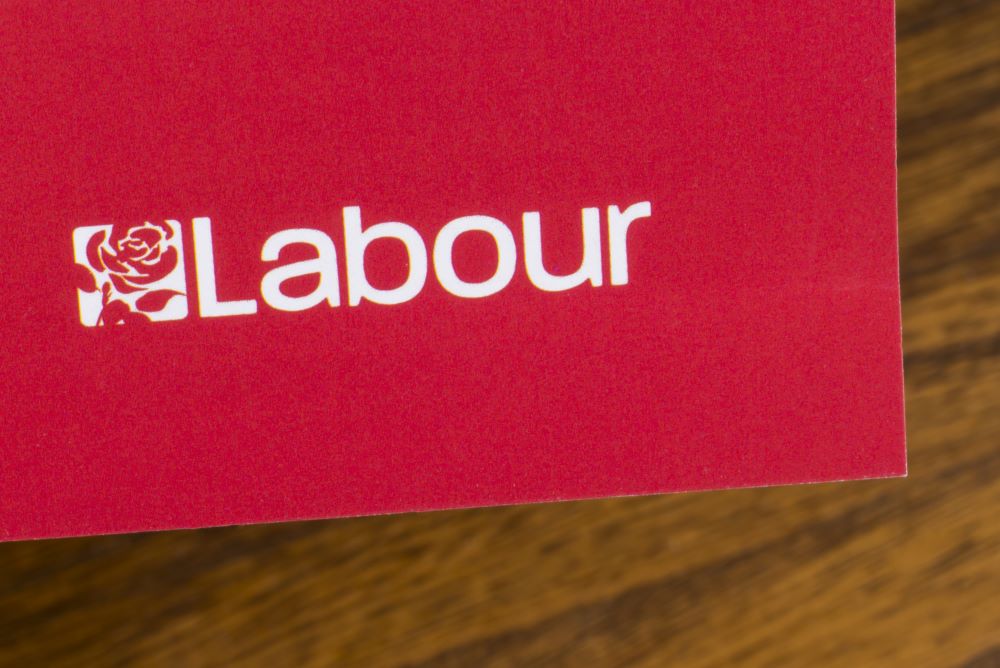
Leader of the opposition, Sir Keir Starmer, and former prime minister Gordon Brown yesterday (05 December) launched the Labour Party’s plan for constitutional reform, which included several key points on the future of international trade.
The paper, entitled ‘A New Britain: Renewing our Democracy and Rebuilding our Economy’ was prepared by the Commission on the UK’s Future, on behalf of the party.
It sets out Labour’s belief that there are five critical drivers of growth: innovation, investment capital, infrastructure and connectivity, ingenuity, and skills and incentives for business.
Key highlights for traders were a call to build a trade policy to facilitate exports, as well as relying on the public sector to create domestic demand for innovation and a tax system to encourage business investment.
Regional trade
According to the Guardian, the centrepiece of the plan involves a large decentralisation and transfer of power from Westminster to local regions.
As part of this, the report notes that regional partnerships are needed to formulate effective regional economic policies and recommends that the government offers support to partnerships that can demonstrate the ability to deliver a joint plan on strategic issues, such as transport, skills, industrial strategy, trade and investment.
The report highlights the importance of cooperation with Scotland, noting that it benefits from being part of a wider economic area in which more than £50bn of trade is conducted (purportedly four times more than with mainland Europe).
Estimates cited in the paper show that up to one million jobs in Scotland directly and indirectly depend on trade with the rest of the UK.
There is an acknowledgement that there are few issues among the reserved responsibilities of the central UK government which do not, at some point, affect devolved responsibilities, including trade.
Trade in focus
In particular, recommendation 32 is that international trade policy should be made more inclusive of devolved leaders across the UK and have an explicit focus on reducing the UK’s regional economic inequality.
According to the report’s authors:
“The way in which the UK's international trade policy is formulated could be made more inclusive of the devolved administrations.”
“While many of the issues raised in trade negotiations concern reserved issues, these can still have a significant impact on devolved competencies.”
To address this, Labour is recommending that a proposed Council of Nations and Regions works to form a new ‘concordat’ on international trade, establishing formal consultation and engagement processes with the devolved administrations.
Regional inequality
Further, the report notes that regional economic imbalances are reflected in the UK’s export activity.
The most recent ONS data showed that only 1.4% of exporters are from the North East of England, compared to 25% from London and 21% from the South East.
Negotiations
There was a welcome for Labour’s commitment to establish firm rules to ensure that trade negotiators have binding responsibilities to help deliver economic opportunities across the whole of the UK.
But this should be complemented by a formal requirement to include businesses from every region and nation on foreign trade delegations, with Metro mayors and local authority leaders included wherever possible.
New role for Lords
As was widely reported, Starmer has also moved for reform of the House of Lords, replacing it with an elected second chamber.
As part of this move, the report called for this new version of the chamber to scrutinise international trade deals as part of the normal review process.
This would include the “territorial impact” of the deals.



